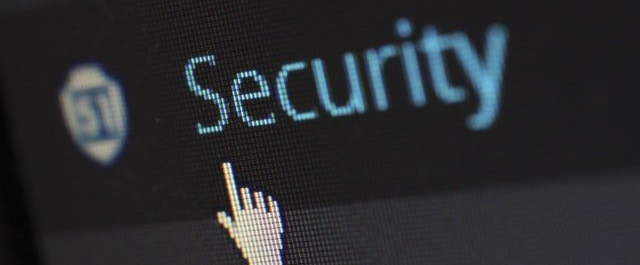8 Top Cyber Security Threats of 2021

The 2021 business landscape is dominated by the disruption caused by COVID-19 and its attendant restrictions. The sudden changes organizations are making in the area of technology adoption and work from home support are unprecedented. However, some of these changes have aggravated existing security threats and also introduced new ones.
In this article, we will look at the top cyber threats that pose risks to businesses in 2021.
1. Ransomware Attacks
Ransomware is one of the top threats against businesses in 2021. Its increasing frequency is a result of the little risk but big rewards that hackers can gain from attacking an organization’s system. Cyber attackers use ransomware to encrypt a victim’s files and demand ransom payments to decrypt them.
Ransomware actors are advancing with their tricks. There is now ransomware as a service in which some groups develop and sell ransomware software to less tech-savvy cybercriminals. In addition, there is also the increased use of the double-extortion strategy. Here, cybercriminals steal data before encrypting it so they can sell the data on the dark web if the victim refuses to pay.
2. Work from Home Attacks
Many organizations are investing heavily in remote working systems to maintain business function.
This remote working culture will continue for many organizations even after the pandemic has ended. However, this setup comes with various security gaps that cyberattackers are exploiting in 2021.
Attackers are exploiting weak passwords of RDP used for remote access. They are also taking advantage of software vulnerabilities in virtual private networks(VPNs) to access corporate networks and steal data.
Another popular attack against remote network access is thread hijacking. This involves a hacker responding to an existing conversation in a compromised email account and including links to phishing sites or malicious software in order to compromise an organization’s system.
3. Phishing
Phishing continues to be an effective means through which cybercriminals gain access into organizations’ networks.
It involves tricking an employee or target into carrying out specific instructions for an attacker. The effects of phishing can include loss of sensitive data, malware installation on business computers, or transacting business on behalf of an attacker.
The cybercriminals pretend to be who they are not, such as managers, business partners, or representatives of reputable companies, to gain the trust of their targets.
Increased use of online collaboration tools makes employees more comfortable with receiving and executing instructions remotely often with the assumption that the communication channel is secure. This makes them an easy target for phishers.
4. AI-Powered Attacks
As much as artificial intelligence is used to foil cyber-attacks and block the activities of malicious software. Hackers are also using similar technology to automate their attacks using data poisoning and model-stealing methods for compromising business systems.
5. Multi-factor Authentication Attacks
Multi-factor authentication was designed to stop unauthorized access to accounts and sensitive data. It is used to protect against data breaches and attacks. by using an additional device or methods to authenticate users before granting access to requested services or data.
While multi-factor authentication can improve security, not all of its implementations are secure. For example, phone-based SMS multi-factor authentication has been discovered to be insecure because the authentication token can be intercepted by attackers.
6. Cloud-based Attacks
The rapid adoption of cloud technology offers several advantages but also comes with business security risks.
Many organizations’ cloud migration is poorly planned due to the move being forced by circumstances or the use of non-specialists for cloud services transition. This can leave a company’s cloud resources with security vulnerabilities such as misconfigured authorization. Cyber Attackers can easily exploit these issues to steal data.
7. Zero-day Attacks
Zero-day attacks are not new but the incidence is growing. It is a cyber attack that involves the exploit of vulnerabilities of systems or networks that are yet to be patched.
These types of attacks are highly effective because traditional security systems on computer networks are not equipped to protect against new exploits.
Zero-day attacks are becoming common in 2021 because a large number of discovered vulnerabilities are getting released publicly. The volume of disclosure makes it difficult for organizations to keep up with the patches required to secure their network. In addition, cyber attackers develop working zero-day exploits quicker than security companies can block them.
8. Mobile-based Attacks
Mobile devices are heavily used in corporate settings and. Employees take advantage of their mobile devices to work on the go and keep up with project progress.
With increasing remote access to business systems due to work from home policies, mobile devices are seeing wider applications for work purposes.
Since mobile devices usually don’t have the same level of cybersecurity defenses obtainable on corporate systems, cybercriminals are using them as launch pads to infiltrate an organization’s network. This may be done via website phishing and the installation of malicious applications.
*****
Increased use of remote networks by businesses can lead to more cyber attacks on corporate systems and networks.
As organizations continue to face major cybersecurity challenges in 2021, it is important that your business adopts modern security trends to protect it from dangerous threats. Contact us today to learn how SDTEK can help keep your organization safe from security threats.
The post 8 Top Cyber Security Threats of 2021 appeared first on SDTEK | San Diego, CA.


